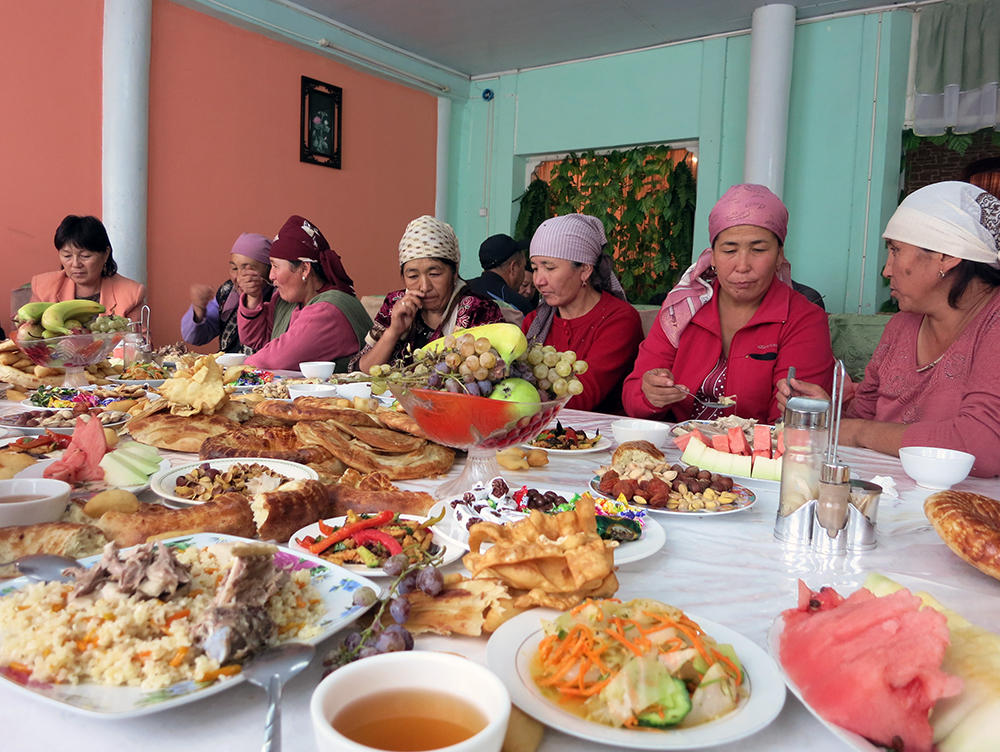Introducing the Anthropology of Food
How do different food production systems impact the environment? How do food choices express class difference? What problems exist in the global food systems and what causes them? These are some of the questions raised in the new course theme within the con amore-courses at the Department of Social Anthropology; The Anthropology of Food.

Main content
- In this course, we will have a wide focus on the study of food, and how food relates to different social aspects such as gender, class, identity, power, politics, and love, PhD candidate Nora Haukali, who is leading the course, says.
Every year the Department of Social Anthropology offers courses in Current Anthropological Research, and this semester it is Nora Haukali who will lead a five-week seminar about food, a theme that is related to her own work on climate change in Fiji.
- As I looked at how climate change impact rural areas in Fiji, where people are sustaining themselves off of fishing and gardening, I naturally came into looking at food systems as well, Nora explains.
She adds that although she has done fieldwork in Oceania, students in this course will use anthropological theory and ethnography from all over the world. They will examine the role of food in history and culture, and the relationship between food and human existence.
Food pervades several aspects of our life: it is not only our source of nutrition and sustenance but it is also a great source for symbolic elaboration when people express their political and moral standpoints. The study of food teaches us a great deal about world cultures, and food has long links with early anthropologists who investigated the centrality of foodways to human culture. The course invites the students to reflect upon social, cultural, environmental, and political-economic perspectives of food. SANT285-4, the course code for The Anthropology of Food, is open and suitable for all students and exchange students at the University of Bergen.
- What is great about this course is that it is seminar-based, meaning that it opens for dialogue and discussions among the students. Also, you do not have to have an anthropological background to attend; it is open for everyone studying at the University, Nora says.
The Department of Social Anthropology welcomes all students to attend.
